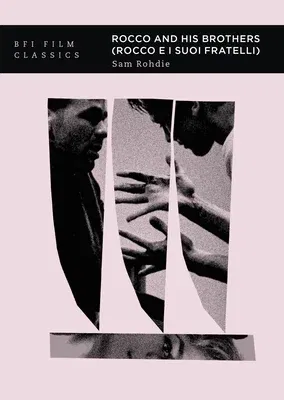Sam Rohdie
(Author)Rocco and His Brothers (Rocco E I Suoi Fratelli)Paperback, 12 November 2020

Qty
1
Turbo
Ships in 2 - 3 days
Only 2 left
Free Delivery
Cash on Delivery
15 Days
Free Returns
Secure Checkout

Part of Series
BFI Film Classics
Print Length
85 pages
Language
English
Publisher
British Film Institute
Date Published
12 Nov 2020
ISBN-10
1839021942
ISBN-13
9781839021947
Description
Product Details
Author:
Book Format:
Paperback
Country of Origin:
US
Date Published:
12 November 2020
Dimensions:
18.54 x
12.95 x
0.76 cm
Genre:
Italy
ISBN-10:
1839021942
ISBN-13:
9781839021947
Language:
English
Location:
New York
Pages:
85
Publisher:
Series:
Weight:
362.87 gm